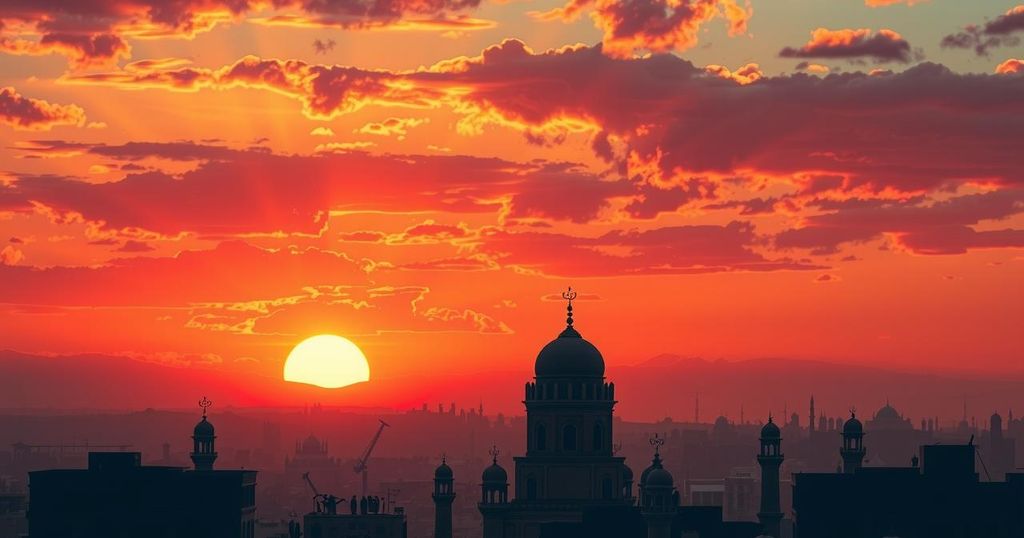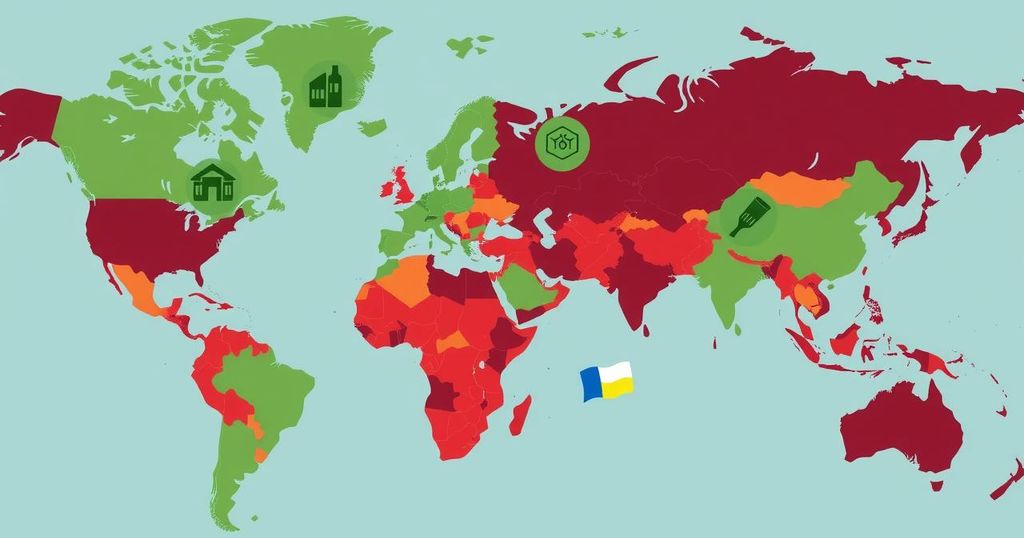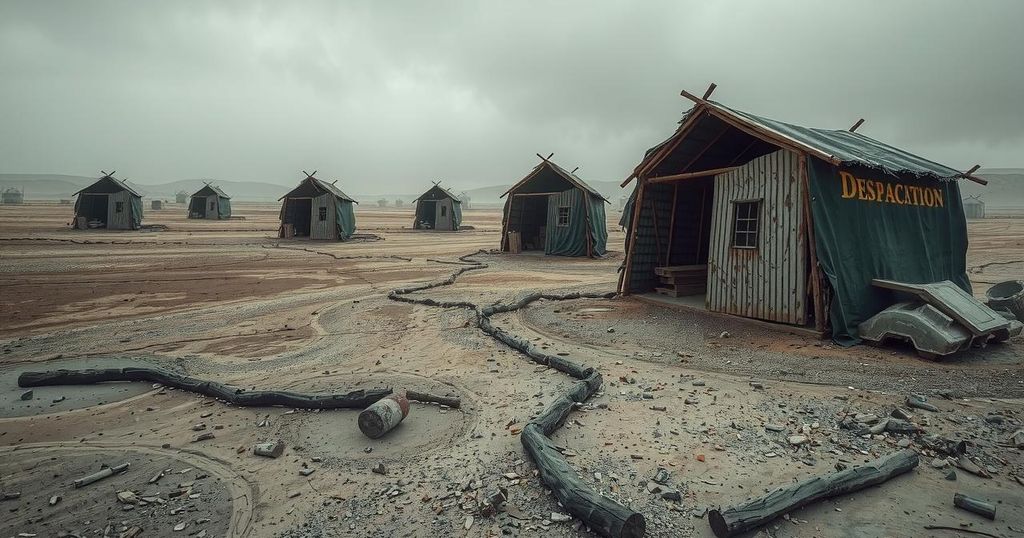Iraq’s invitation to new Syrian President Ahmad al-Sharaa for a summit has led to political divisions, with Shiite factions opposing his presence due to his past as a militant and existing arrest warrant. Sunni groups support al-Sharaa’s inclusion, viewing it as essential for diplomatic ties. The situation underscores Iraq’s ongoing sectarian tensions and challenges in achieving political reconciliation.
The invitation extended by Iraq to new Syrian President Ahmad al-Sharaa for the upcoming Arab League summit in Baghdad has sparked significant political discord within the country. Al-Sharaa’s ascension followed a swift rebel offensive that ousted his predecessor, Bashar Assad. Although he now seeks to unify Syria post-civil war, his history as a Sunni Islamist militant raises concerns, particularly among Shiite groups in Iraq.
Al-Sharaa, previously known as Abu Mohammed al-Golani, was involved with al-Qaida insurgents following the U.S.-led invasion of Iraq in 2003 and is currently subject to an arrest warrant related to terrorism charges in Iraq. Prime Minister Mohammed Shia Al-Sudani has confirmed the invitation for al-Sharaa to attend the May 17 summit, a development following a clandestine meeting in Qatar. However, as of now, al-Sharaa has not confirmed his attendance.
With a diplomatic role aimed at fostering regional dialogue, Iraq has previously mediated between Iran and Saudi Arabia. Nevertheless, the invitation has met fierce opposition from several Shiite factions aligned with Iran, which perceived the recent political changes in Syria negatively. Many of these factions had previously allied with Assad’s regime during the Syrian civil conflict, further complicating the political landscape.
Prominent voices, including Mustafa Sand from the Coordination Framework, emphasized the need for clarity regarding the arrest warrant against al-Sharaa, with confirmation received from Iraq’s Supreme Judicial Council regarding its validity. Reactions from influential political entities include a statement from the Islamic Dawa Party, led by former Prime Minister Nouri al-Maliki, which insists that summit participants must possess a clean judicial record.
Conversely, Sunni factions have rallied in favor of al-Sharaa’s invitation, viewing it as crucial for Iraqi-Syrian relations. Former MP Dhafir Al-Ani highlighted the importance of dialogue, suggesting that blocking al-Sharaa’s participation would reflect negatively on the Iraqi government. While the Iraqi government has predominantly remained silent regarding the backlash, observers caution that the controversy underscores the enduring sectarian divides within Iraq.
Responses to al-Sharaa’s potential presence at the summit vary widely, with some perceiving it as a betrayal of Iraqi victims, while others believe it might represent a strategic triumph for Sunni political factions. This political rift illustrates the complexities of Iraq’s reconciliation efforts and raises concerns regarding sectarian tensions that could further fragment the nation.
The invitation to President Ahmad al-Sharaa has amplified political tensions in Iraq, revealing deep sectarian divides. While the government seeks to foster regional cooperation, powerful Shiite factions oppose al-Sharaa’s participation due to his controversial background. Sunni groups support inclusivity in diplomatic endeavors. Ultimately, this situation reflects broader challenges facing Iraq’s political landscape and highlights the delicate balance needed for national unity and reconciliation.
Original Source: www.usnews.com




